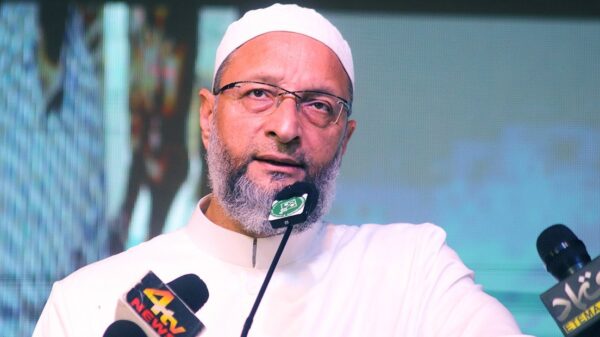Switzerland’s controversial ban on facial coverings, often referred to as the “burqa ban,” will come into effect on January 1, 2025, following the Federal Council’s announcement. The law, which was narrowly passed in a 2021 referendum, prohibits face coverings in public spaces and publicly accessible private buildings but includes several exceptions. Violators could face fines of up to 1,000 Swiss francs (around $1,144).
The ban, which specifically targets face coverings such as burqas and niqabs, was criticized by Muslim organizations and follows the same political push that led to a 2009 ban on the construction of new minarets.
The law does not apply to airplanes, diplomatic, or consular premises, and face coverings will still be allowed for health and safety reasons, traditional customs, weather protection, artistic purposes, or advertising. It will also be permitted for personal protection under certain conditions with prior approval from relevant authorities.
The legislation was backed by the right-wing Swiss People’s Party, despite opposition from centrist and Green lawmakers. It was officially endorsed by both the upper and lower houses of parliament and aligns Switzerland with other European countries like France and Belgium, which have similar face-covering restrictions.
While full-face coverings like burqas are rare in Switzerland, they are more commonly seen in countries like Afghanistan. However, the law also includes provisions for exceptions related to freedom of expression and assembly, provided “public order is maintained”.
The new law comes after a 2021 referendum in which Swiss voters narrowly approved the measure. Two Swiss cantons, Ticino and St. Gallen, already have similar bans in place. The legislation will now be enacted at the national level, marking a shift in Swiss public policy on the matter.


































































